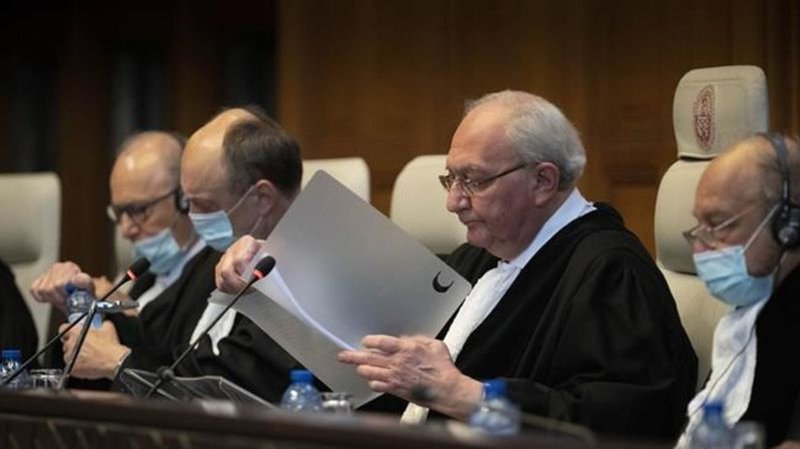
Top UN court rejects Iranian bid to free assets frozen by US
THE HAGUE, Netherlands (AP) — The United Nations’ top court has rejected Tehran’s legal bid to free up some $2 billion in Iranian central bank assets frozen by U.S. authorities to be paid in compensation to victims of a 1983 bombing in Lebanon and other attacks linked to Iran.
In a 10-5 majority ruling, the International Court of Justice said Thursday it did not have jurisdiction to rule on the Iranian claim linked to the central Markazi Bank.
In a complex, 67-page judgment, the world court found that some other U.S. moves to seize assets of Iran and Iranians in the United States breached a 1955 treaty between the countries and said they should negotiate compensation. If they fail to reach a number, they will have to return to the Hague-based court for a ruling.
But the largest part of the case focused on Bank Markazi, and its frozen assets of $1.75 billion in bonds, plus accumulated interest, that are held in a Citibank account in New York. The court said that it did not have jurisdiction based on the 1955 Treaty of Amity.
